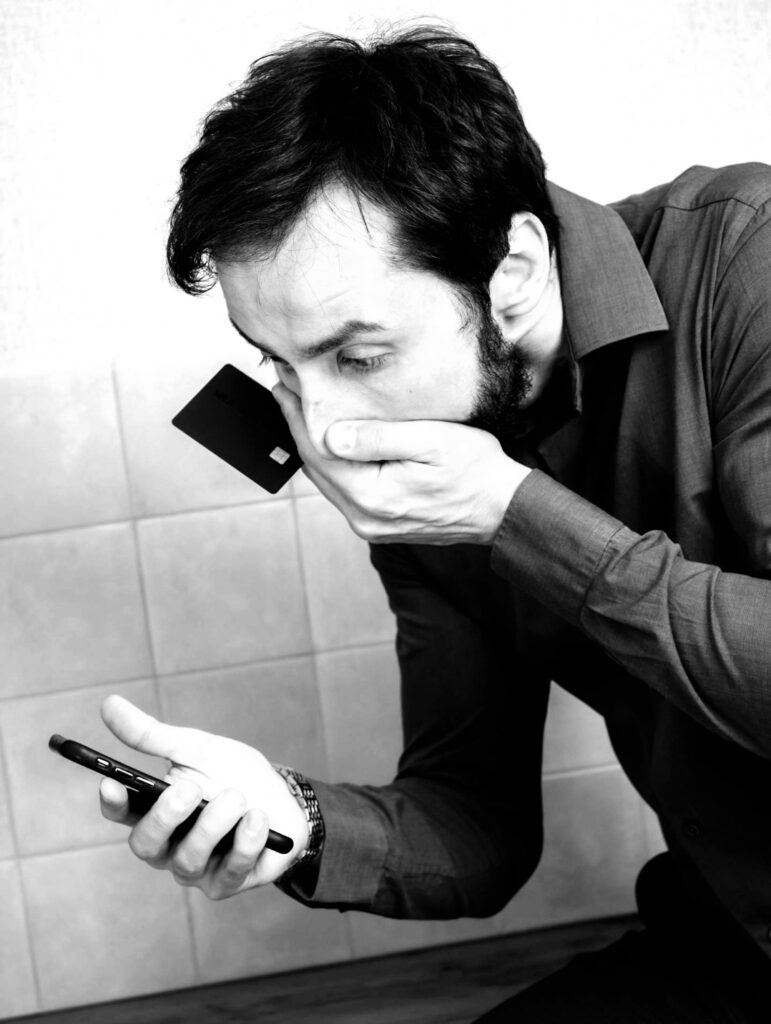Anyone involved in journalism or the PR universe has been confronted with the buzzword ‘clickbait’ at some point. This is not the Netflix series,
Clickbait refers to sensationalized or misleading headlines and content designed to attract attention and entice people to click on a link, often at the expense of providing valuable or truthful information. Clickbait exaggerates, uses curiosity gaps, or makes bold claims to maximize clicks and increase traffic. However, clickbait prioritises sensationalism, which can dilute meaningful news coverage. Journalists may shift focus from accurate reporting to crafting exaggerated stories just for clicks, affecting the integrity of journalism.
This is often done by media platforms that do not focus on investigative journalism but more on generating “clicks” on their online platforms.
Clickbait Advantages
- Increased Traffic and Engagement: Clickbait headlines are designed to grab attention, leading to more clicks, page views, and shares, which can boost a news outlet or journalist’s visibility.
- Higher Ad Revenue: More traffic translates to higher ad impressions and revenue. Clickbait can help websites generate income by driving users to pages with advertisements.
- Virality Potential: Clickbait articles often appeal to emotions or curiosity, increasing the chances of viral content. This can result in rapid dissemination across social media, amplifying reach.
- Quick Attention in a Crowded Market: In a saturated digital space, clickbait can help articles stand out in news feeds or search results, capturing readers’ attention more effectively than standard headlines.
Clickbait Disadvantages
- Loss of Trust and Credibility: When readers realize the content doesn’t live up to the headline, they can be frustrated and disappointed. Repeated use of clickbait erodes trust and damages a journalist’s or outlet’s credibility over time.
- Superficial Content: Clickbait headlines often promise more than the article delivers. This can lead to shallow or irrelevant content, harming the quality of journalism and undermining the value of the story.
- Negative User Experience: Readers who feel misled by clickbait may become disillusioned and less likely to return to the site or trust future articles. This can reduce long-term readership and brand loyalty.
- Encourages Sensationalism Over Substance: Clickbait tends to prioritize sensationalism, which can dilute meaningful news coverage. Journalists may shift focus from accurate reporting to crafting exaggerated stories just for clicks, affecting the integrity of journalism.
An example of clickbait “about the story”:
- Headline: “This Simple Mistake Could Cost You Thousands in Swiss Taxes!”
- Reality: The article might discuss common tax filing errors, but the headline exaggerates the potential consequences to attract clicks.
- Headline: “You Won’t Believe What Just Happened to Swiss Banks!”
- Reality: The story may be about a minor regulatory change or a business move, but the headline implies a dramatic event.
Example of a celebrity and scandal-focused clickbait:
Headline: “Swiss Superstar’s Secret Life Exposed!”
Reality: The article could report on a celebrity’s routine activities, but the headline implies something shocking or hidden.
Headline: “Politician Caught in Scandal—What’s really going on in Bern?”
Reality: The story might involve a minor political controversy or disagreement, but the headline is framed to suggest a significant scandal
Example of a travel and tourism clickbait:
Headline: “These 10 Destinations Will Not Blow Your Mind!”
Reality: The article might list lesser-known tourist spots, but the headline exaggerates the impact to grab attention.
Headline: “Why Tourists Are Fleeing This Popular Swiss Destination!”
Reality: The article could discuss a temporary drop in visitor numbers for seasonal reasons, but the headline suggests a dramatic decline.
Clickbait can backfire by damaging the reputation of media outlets or brands that rely too heavily on sensationalized headlines. Readers in Switzerland may be susceptible to content that promises more than it delivers, and overuse of clickbait can erode trust in both media and PR campaigns.
While clickbait can temporarily boost traffic and engagement, readers tend to favour reliable, transparent reporting. Therefore, misleading or exaggerated headlines could negatively impact media or brand reputation.
